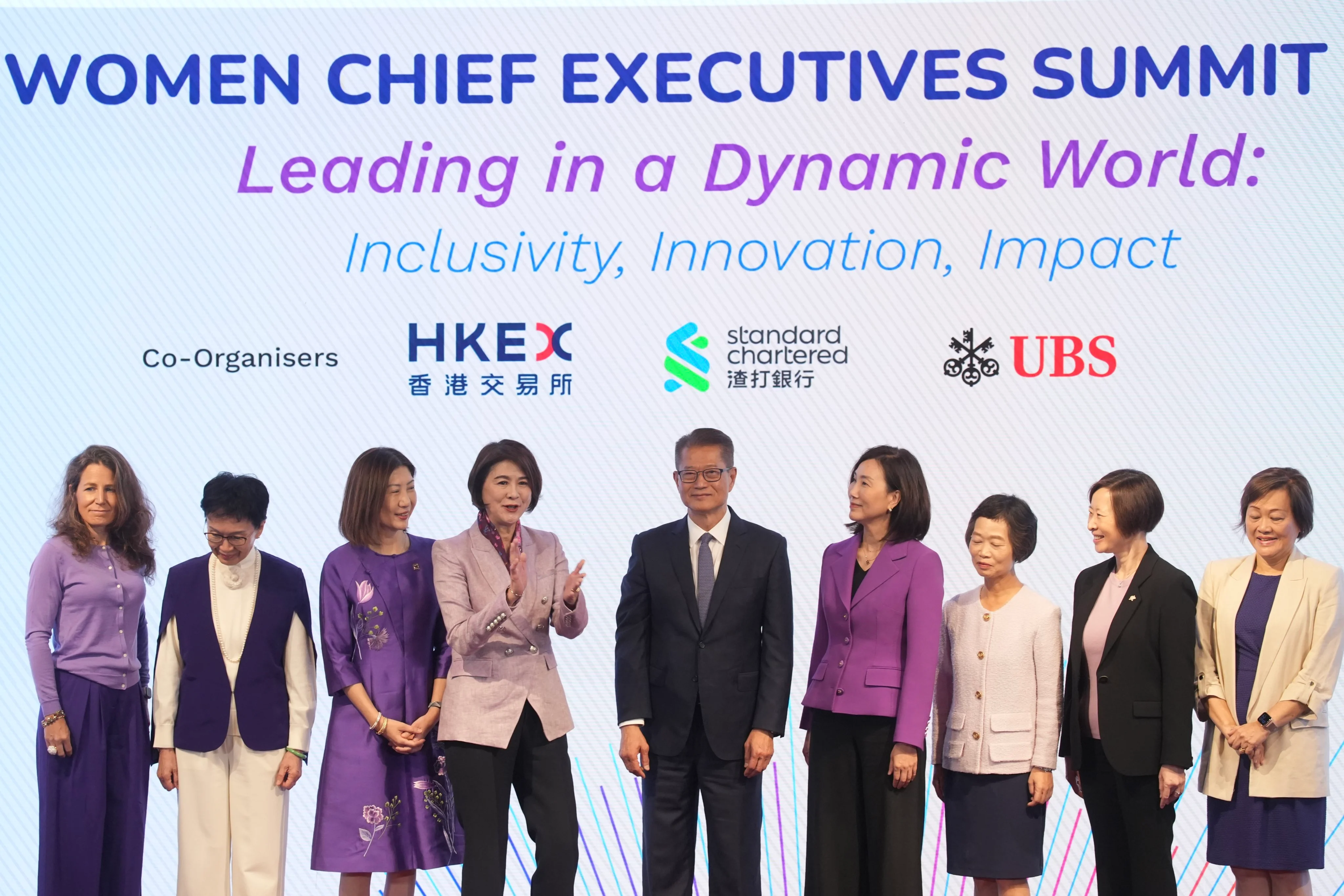Copyright scmp

Hong Kong has seen an increasing number of women taking leadership roles in the financial and professional industries, a trend that bodes well for the city’s future talent development and economic growth, according to Financial Secretary Paul Chan Mo-po. “Research consistently shows that organisations with diverse leadership, including women at the helm, are more agile, more empathetic, more creative and better equipped to achieve long-term success,” Chan said at the first Women Chief Executives Summit on Monday. He noted that there was an increasing trend of women preparing to take leadership roles. “Now, more than half of our solicitors and professional accountants are women – a leap from just 30 per cent two decades ago,” Chan said. “On our campuses, nearly 60 per cent of students majoring in business and management are women.” He added that “these are not mere statistics – they are the future market-makers, fintech innovators and next-generation CEOs”. The half-day summit was attended by more than 200 C-suite women leaders, including many who flew in from overseas, marking the largest conference ever held with the theme of women’s leadership. The summit took place at the Connect Hall of Hong Kong Exchanges and Clearing (HKEX), whose CEO, Bonnie Chan Yiting, is the first woman to hold the post. Other key speakers included Standard Chartered Hong Kong CEO Mary Huen Wai-yi and UBS co-head of wealth management Asia-Pacific Amy Lo Choi-wan. “Each of you in this room is living proof,” Paul Chan said. “Your presence here speaks volumes about the growing leadership of women in business.” He also cited a KPMG report released last week, which showed women held 45 per cent of senior leadership roles such as CEOs in banks, asset management companies, -insurers and fintech firms in the city, marking an increase of 11 percentage points from 2018. “Hong Kong is making great strides in expanding gender leadership in finance,” Paul Chan said. “According to the report, Hong Kong ranks top for societal acceptance of female leaders, and some 70 per cent of women feel encouraged to lead.” Hong Kong was also “doing well in terms of safety [within the city] and enabling work-life balance”. Still, he acknowledged that some industries had not moved fast enough in terms of gender diversity, and more should be done. “I believe that the key to further improvement lies in providing equal opportunities and ample exposure for both men and women, allowing their potential to be fully unleashed and their abilities properly recognised and appreciated,” Paul Chan said. “That is the direction that the government is taking.” The government launched the “She Inspires” mentorship programme earlier this year to match 80 female university students with 50 businesswomen leaders, which would be expanded to 120 mentees next year, he said. Bonnie Chan said gender diversity just made good business sense. “In Hong Kong, we are pretty sensible and we are extremely businesslike,” she said. Fewer than 10 of Hong Kong’s around 2,600 listed companies had no women on their boards as of the end of June, just six months after a new rule banning single-gender boards took effect on January 1, according to HKEX data. This marked a dramatic improvement from 2022, when more than 800 firms did not have any female directors. HKEX’s Chan, UBS’ Lo and Standard Chartered’s Huen are among key players behind the Women Chief Executive Network, which now has 60 members comprising women CEOs or top executives. “At Women Chief Executive Network, our mission is to position Hong Kong as a global benchmark for a gender-diverse finance industry,” Lo said. “We believe amplifying our collective voice is essential to advancing women’s leadership.”



